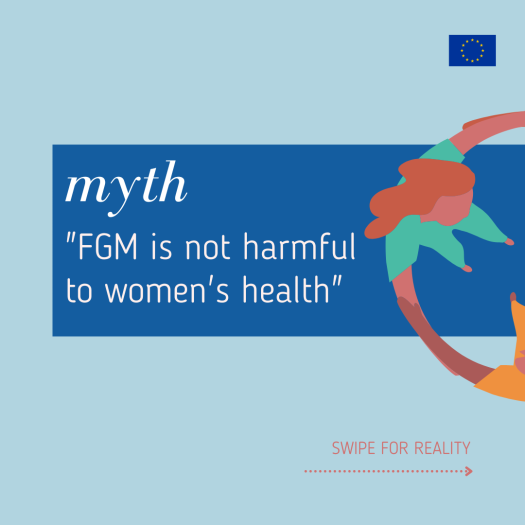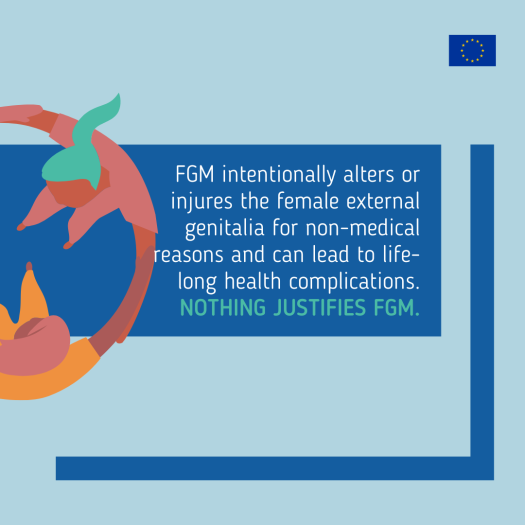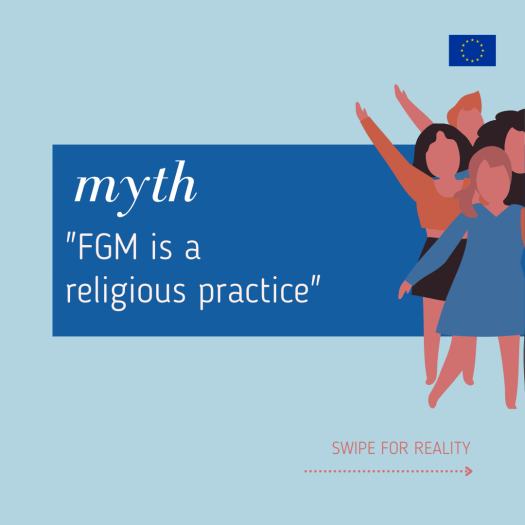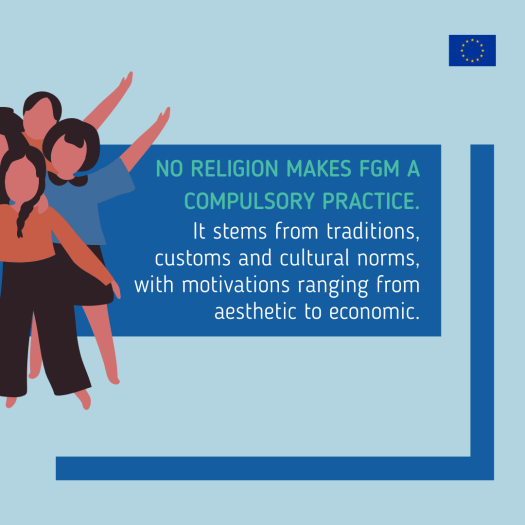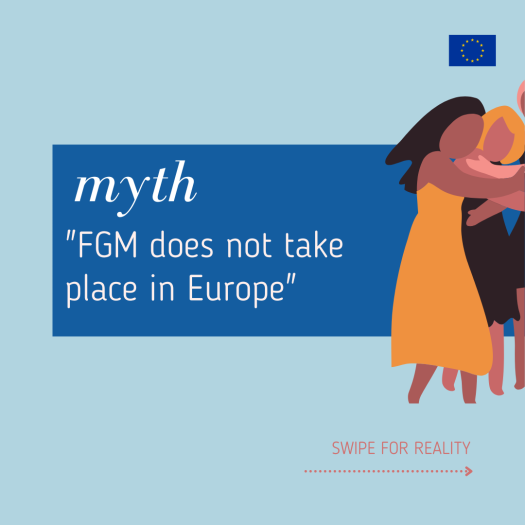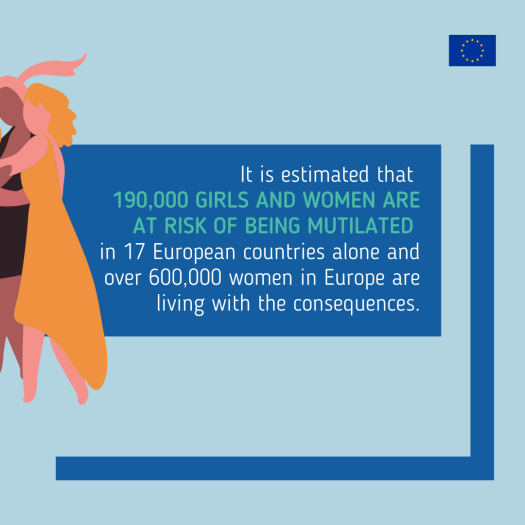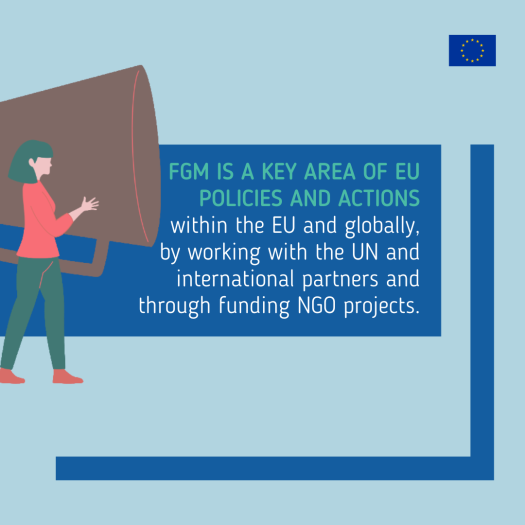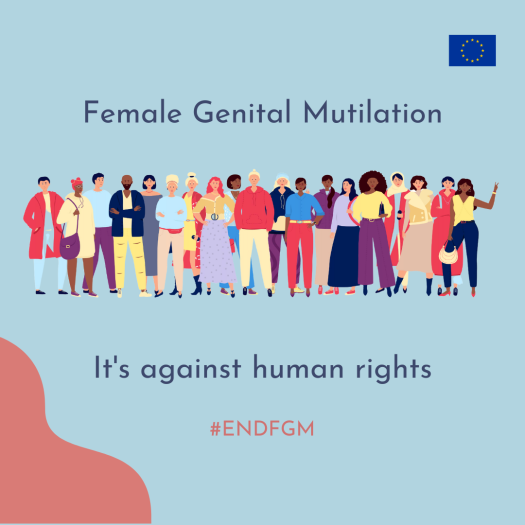Over 4 million girls at risk of mutilation
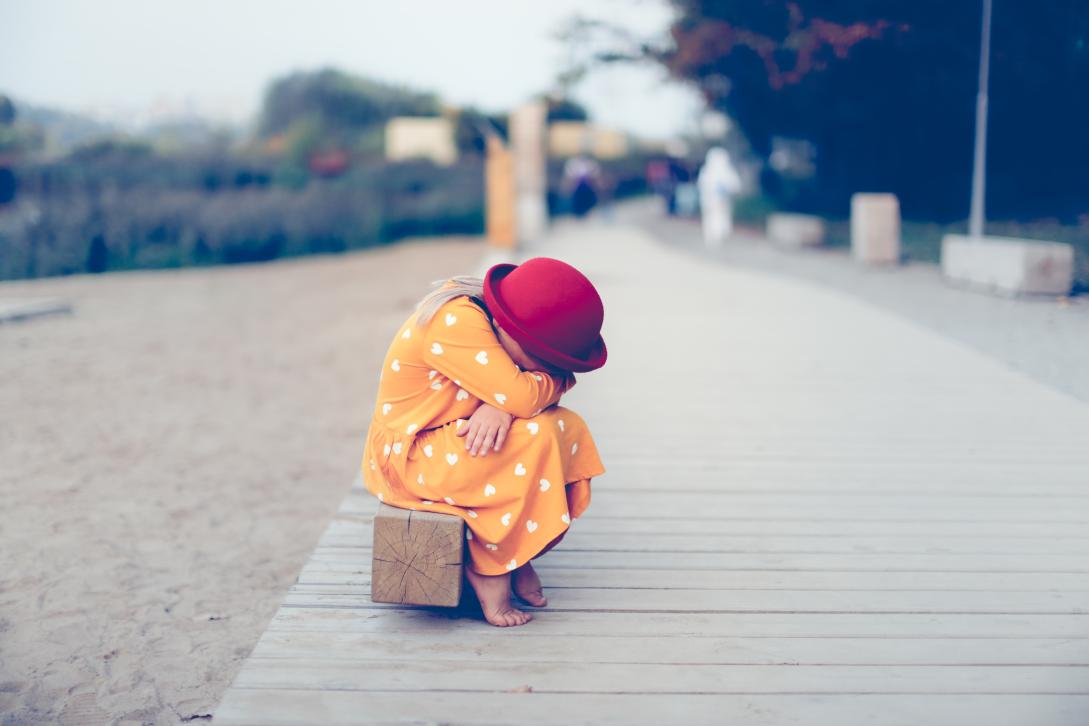
Approximately 200 million women and girls worldwide suffer from the consequences of FGM. It is estimated that there are 600,000 women within Europe living with the consequences of FGM. A further 190,000 girls in 17 European countries alone are at risk of being mutilated. Every year at least 20,000 women and girls asylum seekers are coming to Europe from FGM-risk countries.
FGM offers no health benefits and causes life-long harm for women and girls, including emotional trauma. Stronger measures are needed to protect those at risk and offer support to those that have been victims of this egregious form of gender-based violence.
"As we celebrate the 75th anniversary of the Universal Declaration of Human Rights this year, it is due time for women and girls to be free from violence once and for all. It is our responsibility to protect their right to safety and bodily autonomy. FGM must end."
- Joint Statement ahead of the International Day of Zero Tolerance for Female Genital Mutilation
This year marks the 75th anniversary of the Universal Declaration of Human Rights, a foundational blueprint for taking concrete actions to stand up for human rights and tackle pressing global issues today. To promote the elimination of female genital mutilation, coordinated and systematic efforts are needed, and they must engage whole communities and focus on human rights, gender equality, sexual education and attention to the needs of women and girls who suffer from its consequences.
Educating everyone about the harmful effects of this practice, and transforming social and gender norms by partnering with men and boys is key to ending FGM. The EU has been supporting the UNFPA-UNICEF Joint Programme on the Elimination of Female Genital Mutilation with €18.5 million since 2016, establishing 1,758 coalitions of men and boys.
Priscilla's story...
Priscilla Nangiro’s story reflects a perfect example of how such education can change behaviours. Priscilla herself was 13 years old when she willingly underwent female genital mutilation, believing that it was her initiation into adulthood.
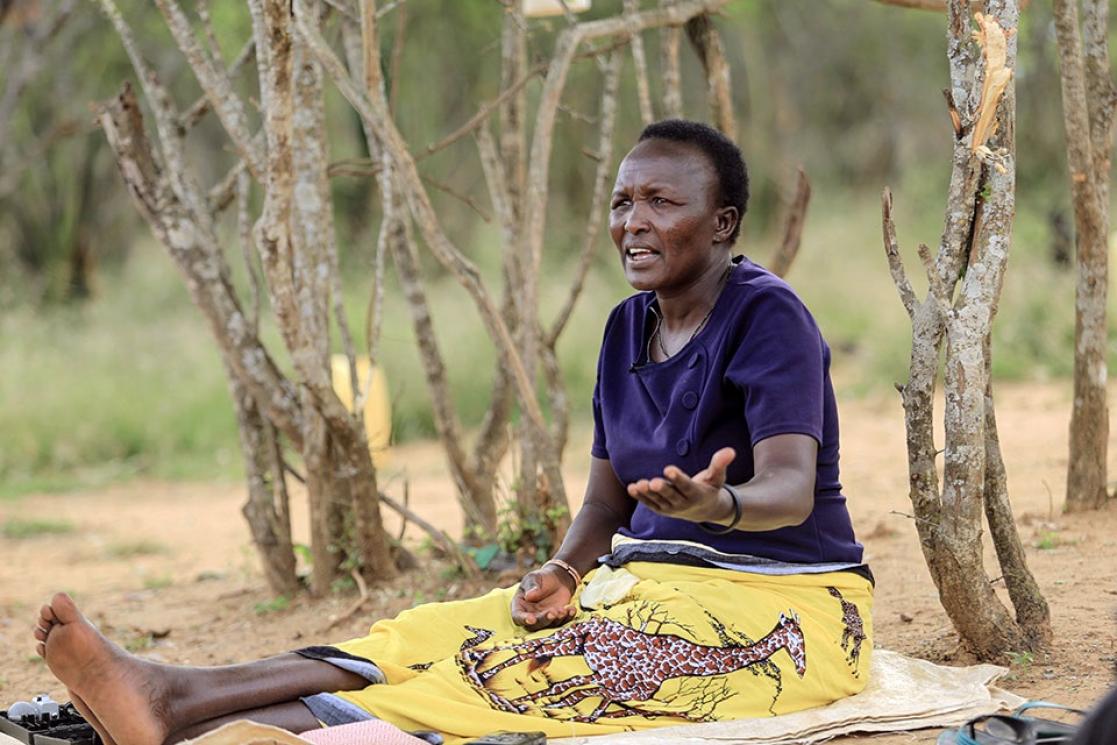
Communication for Development Foundation Uganda (CDFU) /B. Ssewankambo. (Spotlight Initiative)
“My parents were worried, other girls were also worried since I was over bleeding and things were not working well. Some of them feared to undergo FGM as result of me over bleeding but they were forced by their parents to do it.”
However despite this painful process, when she was older she went on to perform FGM on other Ugandan girls in her village, as it gave her supplementary income to support her family. The tables turned when she attended a training programme supported by the EU-UN Spotlight Initiative, to drive out the practice of FGM in rural communities in Uganda. The programme uses a methodology called “SASA!”, through which she learnt about the consequences of FGM on girls and women and understood the implications for the first time. She decided to stop practising FGM and focused instead on her business, selling indigenous (Pokot) clothing and accessories. Moreover she is one of the community activists working to eliminate this practice and is very proud about her new path.
“Today I am an agent of change, championing the end of what I can only describe as a painful and dehumanizing experience.”
In the context of external action and development cooperation, ending FGM continues to be a key action under the EU Action Plan on Human Rights and Democracy 2020-2024 and the EU Gender Action Plan 2021-2025. This is reflected in political dialogues as well as concrete actions, for example, through the support to the UNFPA/UNICEF Global Joint Programme on the Elimination of Female Genital Mutilation through the Spotlight Africa Regional Programme, which dedicated €7.5 million to tackling the practice in 17 partner countries.


